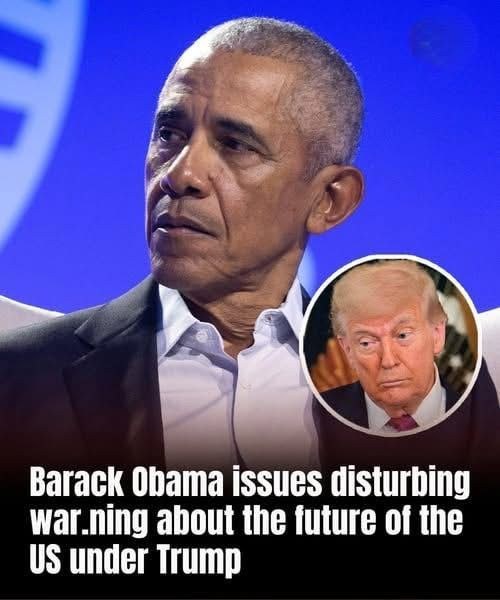A high-profile chapter in American politics came to a close this week as a former U.S. lawmaker received an 11-year federal prison sentence following a sweeping corruption conviction. The ruling represents one of the harshest penalties imposed on a sitting or former elected official in recent history, underscoring a stark reality: even those at the highest echelons of power are not immune to consequences when they betray public trust.
The sentencing capped a years-long federal investigation that revealed an extensive network of bribery, influence peddling, and undisclosed financial dealings. Prosecutors alleged that the politician accepted substantial sums of money, lavish gifts, and favors from foreign actors in exchange for political influence—a scheme spanning multiple administrations and involving domestic and international players alike.
Court filings detailed how the convicted official leveraged their position to shape legislation, secure government contracts, and influence regulatory decisions for the benefit of wealthy businessmen. In return, prosecutors said, the lawmaker enjoyed “a steady flow of illegal compensation,” including luxury travel, cash payments, and access to high-end real estate. Investigators even uncovered encrypted communications coordinating with foreign operatives to advance favorable policies—a discovery that elevated the case from standard bribery to a matter with national security implications.
When news of the investigation first broke, it sent shockwaves through Washington. Long regarded as one of Congress’s most influential figures, the politician was forced to resign from a committee chairmanship after the Justice Department confirmed the probe. Allies initially defended the veteran lawmaker, calling the charges “politically motivated,” but the accumulating evidence—including financial records and testimony from cooperating witnesses—shifted public opinion sharply.
In court, prosecutors argued that the defendant’s behavior represented “a betrayal of the public’s trust at the highest level.” They described how the lawmaker’s actions distorted policy decisions and undermined representative governance. “This was not a one-time lapse in judgment,” the lead prosecutor said. “It was a pattern of deliberate, calculated corruption spanning years.”
Defense attorneys framed the case as a misunderstanding, asserting that many of the transactions were legitimate campaign contributions or routine diplomatic exchanges. They requested leniency, citing decades of public service. Yet the judge remained firm. In delivering the 11-year sentence, she emphasized the need for accountability: “Public office is not a personal business venture. It is a public trust. When that trust is sold, democracy itself suffers.”
The ruling effectively ends a once-promising political career that began with local success and national prominence. The official had earned a reputation as a shrewd dealmaker and negotiator, but investigators found that many deals blurred the line between political strategy and personal enrichment.
The scandal’s impact has extended beyond the courtroom. Lawmakers from both parties have called for tougher ethics reforms, including stricter disclosure requirements and bans on certain foreign gifts. Public cynicism toward Washington has surged, highlighting how easily influence can be purchased when accountability falters. “This isn’t just about one corrupt politician,” said ethics watchdog director Dana Heller. “It’s about a system that allows power to concentrate without transparency until it collapses under its own weight.”
For the communities the lawmaker once represented, the consequences were deeply personal. Constituents expressed anger, disappointment, and fatigue with recurring political scandals. “We believed in him,” said a local business owner outside the courthouse. “He said he was fighting for us. Turns out, he was fighting only for himself.”
Legal analysts note that the 11-year sentence, while severe, could have been even longer. Federal sentencing guidelines allowed for up to 15 years, but the court considered the defendant’s age and prior public service. The judge also ordered forfeiture of assets tied to the bribes, including multiple properties and offshore accounts valued at millions.
In her closing remarks, the judge sent a clear message to the political establishment: “Corruption doesn’t thrive in darkness alone. It survives when people in power look away. This court will not.”
The convicted politician is expected to appeal, but experts are skeptical that the outcome will change. The conviction rests on extensive documentation and testimony from former aides who participated in the schemes, many of whom have received reduced sentences for cooperation.
The Justice Department hailed the verdict as a triumph for accountability. Attorney General Merrick Garland stated, “Today’s sentence reaffirms that no one—regardless of title or influence—stands above the law. The American people deserve honesty from those they elect.”
As the defendant was led from the courtroom, there was no applause, no defiance—only the quiet acknowledgment of a career undone by greed. The 11-year sentence now serves as both punishment and precedent, a warning to anyone tempted to treat public service as a personal payday.
The case will be remembered as a defining example of modern political corruption, a cautionary tale about the corrosive effects of unchecked ambition. What began as whispers of misconduct ended in a federal conviction, a shattered legacy, and a stark reminder: power, when abused, always comes at a price.
